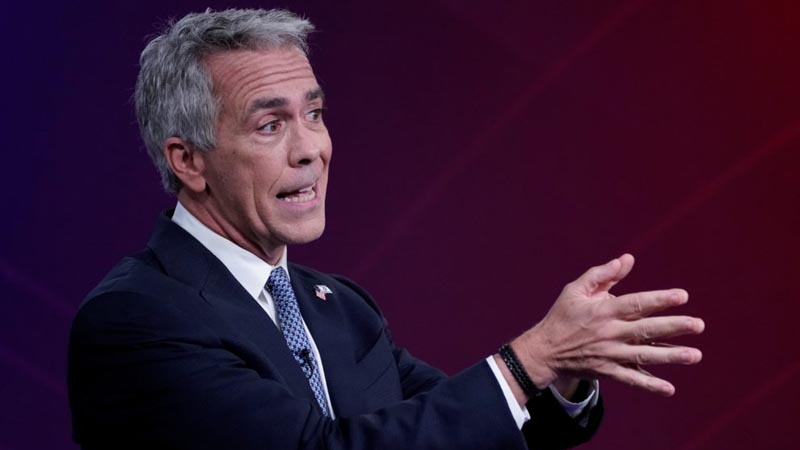Former Rep. Joe Walsh (R-IL), once a Tea Party firebrand turned vocal Trump critic, strongly condemned tech billionaire Elon Musk for naming individual government employees he believes should be removed. Walsh took to social media to express his outrage, stating, “Shame on anyone who doesn’t have a problem with the wealthiest man on the planet publicly sharing the individual names of government employees he wants to be fired.
Calling them out by name. Disgusting. Dangerous.” Musk, a prominent Trump ally and head of a MAGA task force focused on cutting government spending, recently listed federal employees he suggested should be terminated, according to a report by CNN. While Musk holds no formal government position and cannot directly fire federal workers, his actions have sparked widespread backlash, with critics warning of potential security risks for those named.
CNN’s Jim Sciutto highlighted the dangers of Musk’s actions, drawing attention to the inconsistency with Musk’s earlier stance on online privacy. “So Musk, once a very public anti-doxxer, is now doxxing individual federal employees for the ‘crime’ of having federal jobs like millions of Americans, forcing some to cancel social media accounts fearing threats and retribution,” Sciutto wrote.

The controversy underscores Musk’s increasing political involvement. While he plays an advisory role in Trump’s administration, decisions to eliminate federal jobs or entire agencies would require congressional approval. Musk’s suggestions, therefore, remain advisory but carry weight given his influence and public platform.
This incident follows Musk’s earlier criticism of a whistleblower involved in Trump’s first impeachment trial. Musk publicly accused the whistleblower of treason, further fueling debates about his role in political discourse. Critics argue that Musk’s actions set a troubling precedent for targeting individuals within the federal workforce, potentially inciting harassment or worse.
Walsh’s rebuke reflects broader concerns about the dangers of leveraging immense wealth and influence to intimidate public servants. Musk’s defenders, however, argue that his push to reduce government spending is aimed at fostering efficiency.
Yet, his methods—particularly naming specific employees—have been met with bipartisan criticism, raising questions about the ethical limits of political advocacy in the digital age. As Musk continues to engage in the political arena, his tactics are likely to remain a polarizing issue, sparking debate over the balance between accountability and individual safety.

